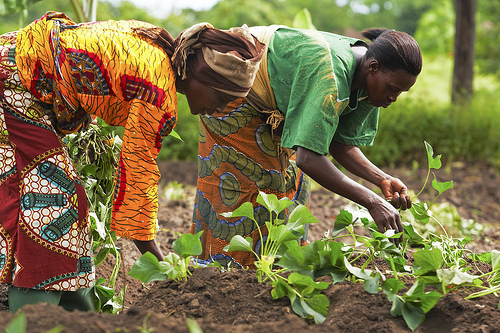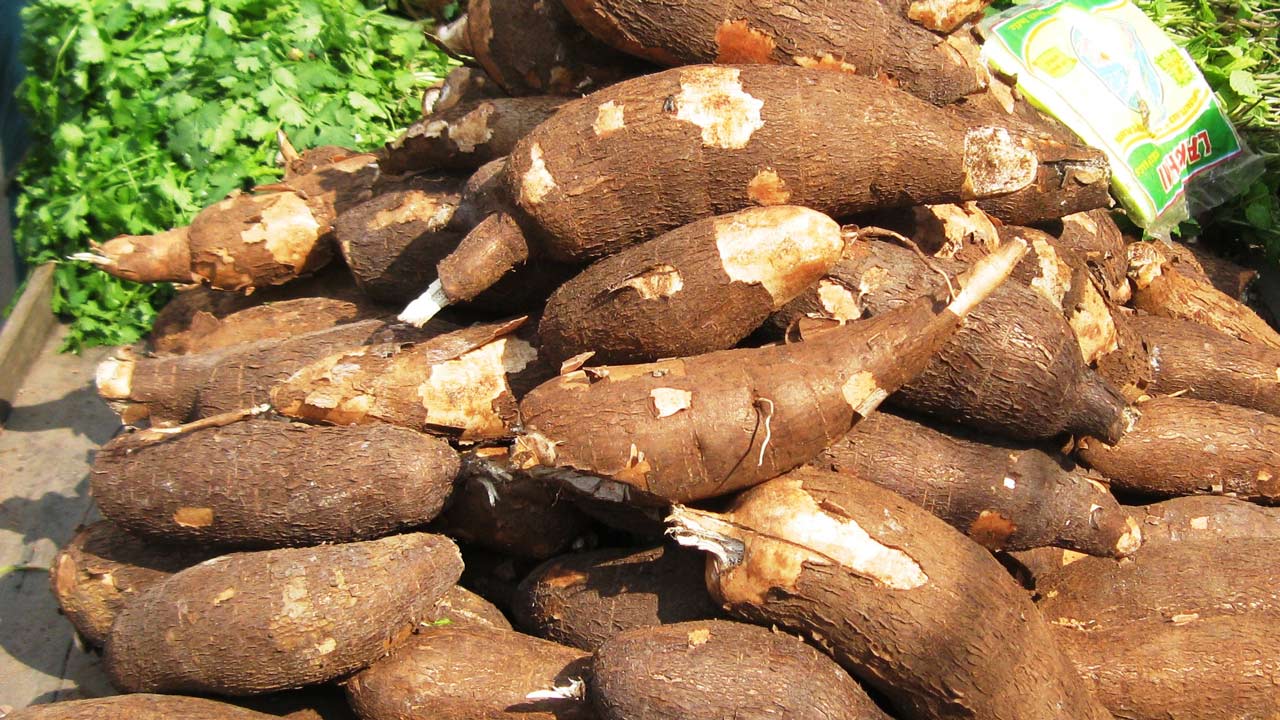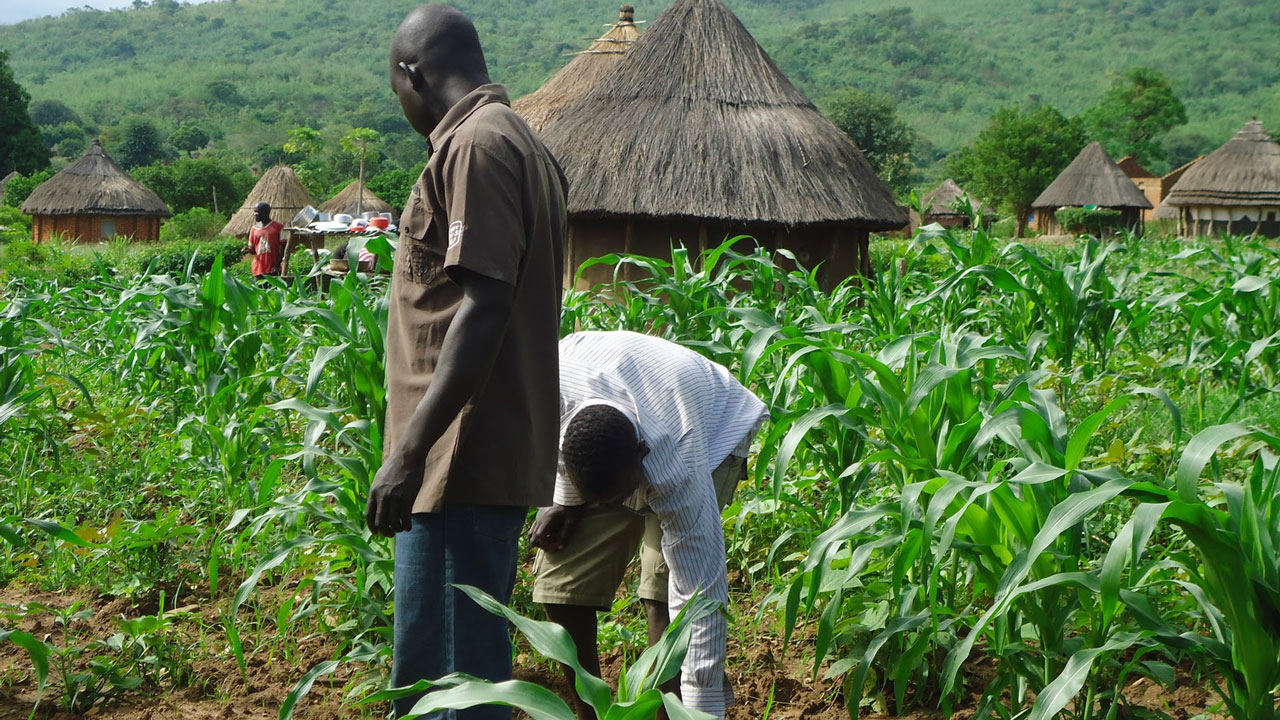• Poor Nutrition, Lower Revenue ConsequencesIN spite of Nigeria’s rich agricultural produce, food insecurity still stares her in the face, especially with a fast-growing population estimated to reach 258 million in 2030. Post-harvest loss is a great concern.
Most of our farm produce are lost to pests, rodents, and deterioration, due to lack of proper handling, post-harvest processing, packaging and storage.
Perishables like tomato, paw paw and other vegetables and fruits have constantly faced spoilage, especially in the country, where postharvest losses is as high as 40 per cent, in some cases, according to statistics by the Nigerian Stored Products Research Institute (NSPRI). Other crops like yam, cowpea, are not left out.
This condition has not only robbed the farmer of valuable income, the consumer of appropriate food, but the nation of a constituent part of her Gross Domestic Product (GDP).
Tomato, for instance, had the trouble of the destructive disease of Tuta absoluta, which caused widespread losses in parts of the north.
According to a recent research survey, “about 20 – 30 per cent of total grain production, 30 – 50 per cent of root and tuber and usually high percentage of fruits and vegetables are lost with a substantial amount recorded during storage carried out on postharvest food losses in some communities in Nigeria.”
Local and multilateral agencies have shown concern about this global problem over time. For instance, the highly perishable berry, tomato, has drawn the attention from World Bank partners, Growth and Empowerment in States (GEMS4) of the UK Department of Foreign and International Development (DFID) to Dangote Group of Companies’ DANSA, which has substantial investment in Kano.
With hindsight of the perennial huge losses of tomato, stakeholders discussed ways to develop the value chain, especially expanding the assistance to farmers’ organisations. The workshop addressed how to improve their technical and managerial skills, agricultural extension, training in several areas including storage and transportation.
The overall plan was to work toward unlocking the huge potential in the tomato value chain, like in several other crops. The objective would also be to reduce losses and import of the product as well as boost agriculture in the country.
Alh. Sani Dangote, President, Dansa Holdings said getting it right in the value chain including processing would involve consistent supply, very little waste, good support system for farmers and government policies that would favour and keep the value chain vibrant.
Food security and postharvest loss
A close look at the definition of World Bank committee on world food security as ‘physical and economic access to adequate food by all household members without undue risk of losing the access,’ puts Nigeria’s status at a disadvantage. The number of people living at less than one dollar a day is even growing larger in an increasingly dwindling economy.
However, stakeholders agree that increasing food production is worthy to be pursued, but not necessarily a one-fits-all answer to attaining food security. Good harvest should be followed by proper postharvest operations to reduce losses, they advanced.
Richard Ogundele, GEMS4 (DFID) Intervention Manager, who is passionate about curtailing postharvest losses, though focused on tomato in the past four years, revealed that while it is necessary to deal with factors working against produce increase, unlocking its income potential is of utmost importance.
Ideally, he believes the entire thing is supposed to emphasise operations such as production, processing, packing, distribution, improving primary packing operations, and expansion of cold chain services for transport and storage with respect to tomato. The obvious consequence is that this can apply to other crops.
Food and Agriculture Organisation (FAO) estimates that reduction of postharvest losses by 50 per cent would do a number of things such as reduce food importation into the country.
Food supply will also get good boost without deploying more land, inputs, water and even labour, while the livelihood of farmers and agro-processors will improve.
Writing in the Journal of Natural Sciences Research, in a paper titled, ‘Post Harvest Losses: A Dilemma in Ensuring Food Security in
Nigeria,’ two experts, F. Bolarin and S. Bosa of the National Centre for Agricultural Mechanisation (NCAM), Ilorin, Kwara State revealed that ‘as much as 20 – 30 per cent of total grain production, 30 – 50 per cent of root and tuber and usually high percentage of fruits and vegetables are lost with a substantial amount recorded during storage.’
Several challenges ranging from biological, environmental factors, to Government regulations and policies were issues, they say, need be sorted out.
Pointing way forward The Food reserve experts from NCAM agree that addressing food preservation issues would involve the public and private sector to properly network and bring about solutions. * ‘Government should encourage and promote local manufacture in design and fabrication of postharvest equipment
* ‘There is need for government to invest more in postharvest research
* The programme being implemented by Government to facilitate the attainment of food security includes development process and storage facilities e.g. Strategic Grain Reserve (SGR) should be properly maintained and improved
* The government should also build more roads and repair dilapidated ones in the rural areas for easy transportation of agricultural produce
* The local government is closer to the farmer and so, should be in the forefront in preventing losses by promoting the maintenance of food stocks at household and enterprise levels. * There is also need for consistency in agricultural policies. Only good policies can ensure viable national farm factors, which will provide food for the people and raw materials for agro-industries. An integrated approach must be adopted in shaping policies and plans, determining strategies, formulating programmes and managing their implementation. “The research institute should make their achievement known nationally and internationally to all those that can use the findings.
“There is need for research institutes research and to develop appropriate postharvest equipment.
“The research institutes/universities should also carry out extension programmes, training on post-harvest technologies for farmers’ local agro-processors at the rural areas.
From farm to table, processes needed to tackle postharvest losses, according to them would require interplay of government, farmers, agro-processors, food scientists, research institutes, agricultural engineers and Non Governmental Organisations.
The following policy suggestions, they advanced, will reduce postharvest losses and enhance attainment of food security in the country:
Also, food storage at government level should be a buffer to ensure price stability in the system.
In focusing on the role of Research Institutes/Universities, the paper said ‘the research institute is expected to provide post-harvest technologies for harvesting, processing and storage of agricultural produce. Therefore, for reduction of postharvest losses and attainment of food security, the research institute should carry out the following suggestions.
“The technologies developed by research institute for harvesting processing and storage should be available for local users at a reduced price.






